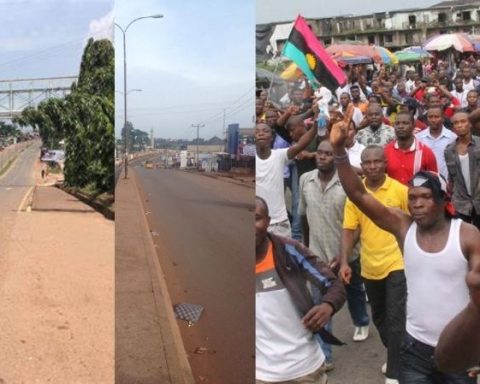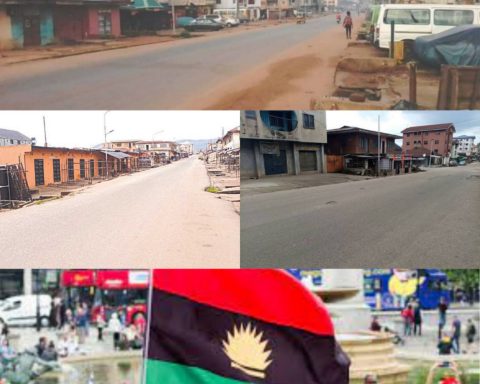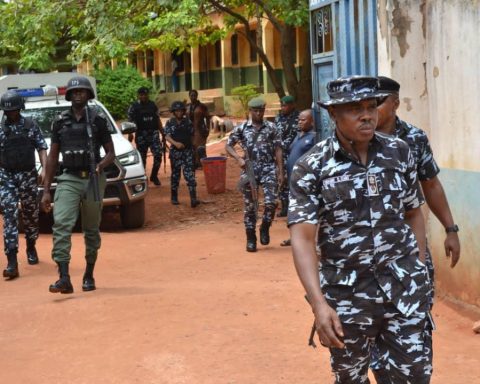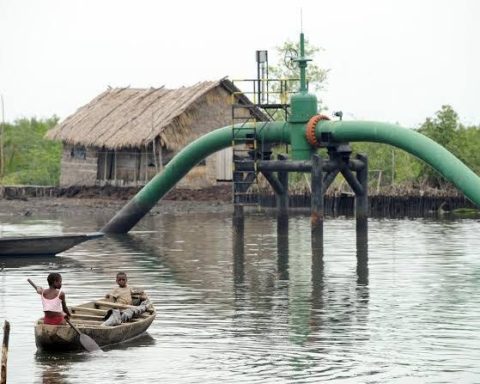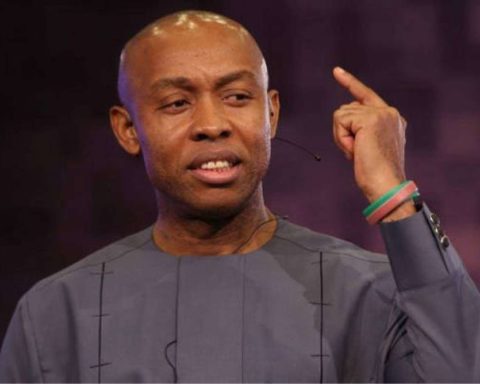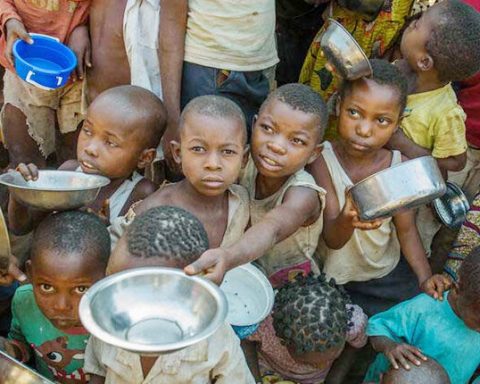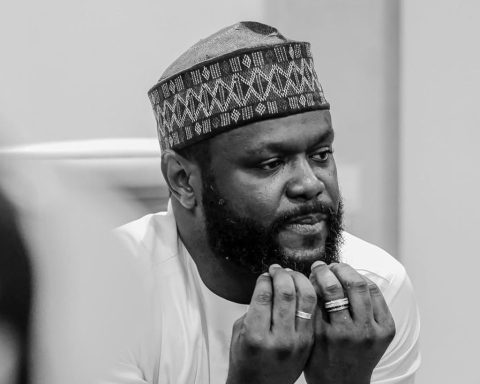The Southeast region of Nigeria has been plagued by persistent insecurity, exacerbated by the Indigenous People of Biafra’s (IPOB) “sit-at-home” orders, which have crippled economic activity and normal life. The Federal Government’s seeming inability or unwillingness to address this issue has sparked accusations of defeat, complicity, or both. As the government abdicates its security responsibility, citizens are left to suffer, and the economy is suffocating. The pattern of blame-shifting and inaction only fuels suspicions of powerful sponsors behind the protracted instability.
The abdication of security responsibility is evident. During the first two years of the “sit-at-home”, security agencies that should reassure the public instead vanished from towns and highways across the Southeast. It is still partially so in some states. Markets, banks, schools transport services— vital symbols of civil life — are shuttered in fear, while citizens, left to fend for themselves, opt to remain indoors. It is not simply the threat of violence that keeps them at home; it is the visible withdrawal of the state.
Join our WhatsApp ChannelToday, the theory of culpability is gaining ground. When citizens have no banks to transact with, no schools to send their children to, and no markets to trade in — even when they would prefer to ignore sit-at-home orders — the economy suffocates and normal life collapses. How does one defy sit-at-home when the government itself has abandoned the streets?
Admittance of Defeat through Blame Game
Allowing sit-at-home to persist for nearly four years is tantamount to conceding control to non-state actors. Worse, it mirrors the FG’s disturbing tendency to blame victims of insecurity rather than confront its own failures — much like it did during the massacres in the Middle Belt, where farmers were blamed for not cooperating with security forces.
The hypocrisy extends beyond the southeast. Recently, in Edo State, former Governor Godwin Obaseki swiftly threatened reprisal actions against citizens who took up arms to defend themselves against criminal herders — even though these same communities were previously left defenseless. Similarly, in Benue State, Governor Hyacinth Alia criticized villagers who repelled armed attacks rather than openly support their self-defense efforts. The pattern is clear: authorities prefer an inactive, passive citizenry, even if it means allowing insecurity to reign.
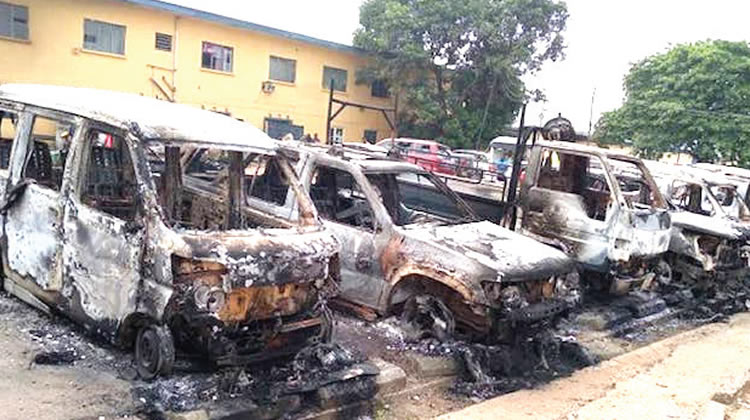
The silence of southeast governors is equally damning. They are quick to issue statements when citizens defend themselves, but when their people are slaughtered or terrorized by gunmen, they often retreat into cowardly silence. This double standard cannot be accidental.
READ ALSO: Again, South-east Economy Grounded As IPOB Faction Imposes Sit-at-home
Indeed, in Nigeria, it is often said that “any insecurity that lasts more than one month has powerful sponsors.” The protracted instability in the southeast strengthens this suspicion. Perhaps only the “eyes” of the Federal Government truly see the hidden reasons why a movement — unsupported by the constitution — must be allowed to cripple a vital region week after week.
Kanu’s Continued Detention also Smacks of FG Complicity
In December 2023, the Supreme Court nullified an order of an Appeal Court in Abuja to release Nnamdi Kanu due to an illegal extradition from Kenya, which also violated his fundamental human rights. Kanu’s continued detention thus continues to surprise many, especially in the face of clear cases of negotiating with and pacifying terror groups. Hardly is there a freedom fighter in the mould of Nnamdi Kanu who has been in detention as long as Kanu.
This is another angle that makes many Nigerians accuse the Federal Government of complicity in the sit-at-home imbroglio. To some extent, it is also seen as a surprise that the Federal Government has yet to deploy the same force it used against IPOB in the case of the insecurity bedeviling the whole country. At some points, it is even anger against the FG that also drives compliance to the sit-at-home. This is evidenced in some cases where two state governors once ordered the opening of markets in Enugu and Anambra, yet people refused to go to shop, choosing even to dare the police than open their shops.
READ ALSO: Biafra Struggle: Sit-at-home And The Cost Of Heightened Insecurity In Southeast
The Southeast deserves better. Nigeria deserves better.
A government that cannot protect its people, but rather enables lawlessness through inaction and selective enforcement, undermines its own legitimacy. Every day that the sit-at-home endures is another day the Nigerian state bleeds its credibility before the world.
If the Federal Government does not act swiftly and decisively, history will remember this era not simply as a time of insecurity, but as a time when the guardians of the state became silent accomplices in the slow, painful erosion of a nation’s unity.
Dr Mbamalu, the Publisher of Prime Business Africa, is a Media Consultant, Member of the Nigerian Guild of Editors and Jefferson Journalism Fellow.
Dr. Marcel Mbamalu is a distinguished communication scholar, journalist, and entrepreneur with three decades of experience in the media industry. He holds a Ph.D. in Mass Communication from the University of Nigeria, Nsukka, and serves as the publisher of Prime Business Africa, a renowned multimedia news platform catering to Nigeria and Africa's socio-economic needs.
Dr. Mbamalu's journalism career spans over two decades, during which he honed his skills at The Guardian Newspaper, rising to the position of senior editor. Notably, between 2018 and 2023, he collaborated with the World Health Organization (WHO) in Northeast Nigeria, training senior journalists on conflict reporting and health journalism.
Dr. Mbamalu's expertise has earned him international recognition. He was the sole African representative at the 2023 Jefferson Fellowship program, participating in a study tour of the United States and Asia (Japan and Hong Kong) on inclusion, income gaps, and migration issues.
In 2020, he was part of a global media team that covered the United States presidential election.
Dr. Mbamalu has attended prestigious media trainings, including the Bloomberg Financial Journalism Training and the Reuters/AfDB Training on "Effective Coverage of Infrastructural Development in Africa."
As a columnist for The Punch Newspaper, with insightful articles published in other prominent Nigerian dailies, including ThisDay, Leadership, The Sun, and The Guardian, Dr. Mbamalu regularly provides in-depth analysis on socio-political and economic issues.



